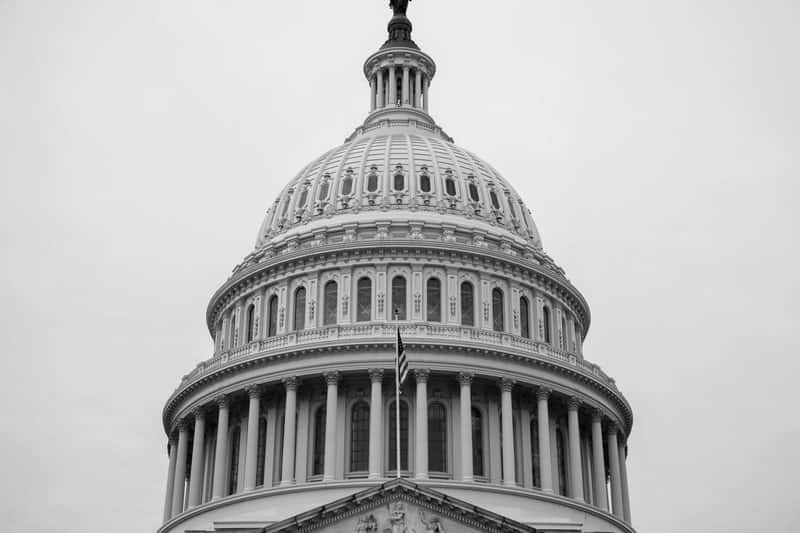Nikita Rumsey is a student at Harvard Law School.
The New York Times announced this week that it was refusing to voluntarily recognize the Times Tech Guild, an affiliate of the NewsGuild, as the exclusive bargaining representative of a group of over 650 technology workers, after the union asked for recognition upon reaching majority support based on signed authorization cards. As Bloomberg reported, the Times’ decision to insist that the union file a petition for a representation election with the NLRB creates the prospect of another high-profile union vote at a nationally known employer. The Times Tech Guild indicated that the Times’ announcement was “deeply disappointing,” especially considering that the company had voluntarily recognized a union to represent tech workers at its product review website, Wirecutter, in 2019.
Connecticut appears to be edging toward a major nursing home strike after SEIU District 1199 New England, which represents some 5,000 nursing home workers across the state, announced that employees at 33 facilities voted “overwhelmingly” to authorize a strike, with votes at 11 more facilities scheduled to take place in early May. According to The Bulletin, SEIU 1199 members at 51 nursing homes across Connecticut are working under contracts that expired on March 15, and while union officials have indicated that negotiations will continue, they indicated that the budget proposed by Connecticut Governor Ned Lamont to cover the next two fiscal years does not include sufficient funds for nursing home care. The union expressed its members’ frustration with “being treated like they’re expendable,” noting that the state’s response was particularly inadequate in light of the fact that 22 union members, including nursing home workers and other caregivers, have died from COVID-19, with many others having fallen ill, likely resulting, at least in some cases, from inadequate protective gear. According to The Bulletin, no strike notices have been served as of yet, but as for the authorization votes tallied thus far, 98% of voters are reported to have been in favor of a work stoppage.
Meanwhile, organized labor appears to continue to build on its pressure campaign to push holdout Democratic Senators Kyrsten Sinema (D-Ariz.), Mark Kelly (D-Ariz.), and Mark Warner (D-Va.) to get with the PRO Act program. According to Politico, in a private call this past Wednesday, union leaders, including representatives from the IUPAT, CWA and AFSCME, told the Democratic Senatorial Campaign Committee not to expect them to back lawmakers in upcoming elections unless they back the bill. Although Sinema and Warner are not up for reelection in 2022, Mark Kelly, who was elected to the late Senator John MCain’s seat last year, is expected to face a tough reelection battle next year, a seat that Democrats must retain to keep their razor-thin majority for the remainder of President Biden’s term. According to Politico, unions contributed $27.5 million to President Joe Biden’s campaign in 2020, and have long been a staple financial backer of Democrats up and down the ballot.
With two of the three remaining Senate Democrats not to have signed on to sponsor the PRO Act hailing from Arizona, the Arizona Daily Star published a short op-ed from a retired boilermaker explaining one of the reasons why the PRO Act would help empower workers. The author, Russell Crossan, noted that while workers have long used their protected right to strike as leverage in the fight for workplace rights, “corporations have undermined this right by ‘permanently replacing’ strikers,” which enabled employers to retaliate against strikers “with little, if any consequence.” Crossan explained that in Tucson, Arizona just last year, 1,800 members of six unions went on strike against ASARCO in their fight for a fair contract, but ASARCO replaced striking workers with hundreds of replacements. And now that the strike is over, those workers have only been entitled to reinstatement “as jobs are available.” As Crossan pithily noted, “[w]hat an insult to workers who fought for safe and fair working conditions, and the protection of their healthcare.” Importantly, the PRO Act would prohibit employers from permanently replacing strikers, which Crossan says is essential: “no one should fear for their livelihoods when going on strike.”






Daily News & Commentary
Start your day with our roundup of the latest labor developments. See all
February 22
A petition for certiorari in Bivens v. Zep, New York nurses end their historic six-week-strike, and Professor Block argues for just cause protections in New York City.
February 20
An analysis of the Board's decisions since regaining a quorum; 5th Circuit dissent criticizes Wright Line, Thryv.
February 19
Union membership increases slightly; Washington farmworker bill fails to make it out of committee; and unions in Argentina are on strike protesting President Milei’s labor reform bill.
February 18
A ruling against forced labor in CO prisons; business coalition lacks standing to challenge captive audience ban; labor unions to participate in rent strike in MN
February 17
San Francisco teachers’ strike ends; EEOC releases new guidance on telework; NFL must litigate discrimination and retaliation claims.
February 16
BLS releases jobs data; ILO hosts conference on child labor.